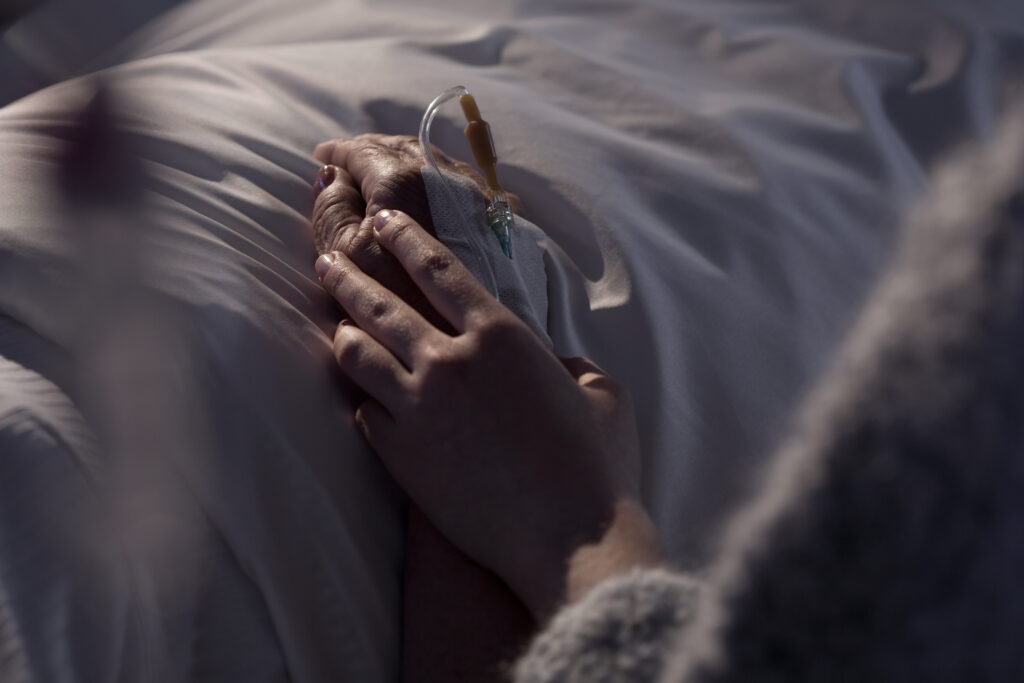The patient safety charity Actions against Medical Accidents (AvMA), and the Harmed Patients Alliance (HPA) have recently launched a ‘Harmed Patient Pathway’ campaign, which focuses on a set of specific support measures designed to help harmed patients or their families recover from the trauma of avoidable harm and avoid what is known as ‘second harm’.
Presently, patients and families have the right to request that an NHS Trust, or any health and social care organisation regulated by the Care Quality Commission in England, undertakes an investigation into any alleged clinical negligence. If such an investigation is conducted, the Trust or health and social care organisation have a duty to be open and honest if something has gone wrong or if it may lead to long-term injuries.
Although in theory this may provide patients and their families with some answers to difficult questions, which may reduce the impact of ‘second harm,’ it does not directly address the issue, and more often than not patients and their families will still have to deal with the effects of injuries caused by negligent care without any support.
It is hoped that the NHS will support the Harmed Patient Pathway campaign because this not only acknowledges the devastating impact that negligent care/treatment has on patients and their families, but it will take vital steps in ensuring that such an impact is managed appropriately.
Currently the proposed Harmed Patients Pathway would include:
- a routine assessment of the needs of harmed patients and families reflected in a documented plan of care;
- full and empathetic adherence to the Duty of Candour;
- the Right to be meaningfully involved in investigations and appropriate support to achieve this;
- access to funded independent, specialist advice and advocacy services;
- access to specialist counselling to help recover from psychological trauma or injury;
- support that facilitates meaningful involvement in helping NHS bodies improve patient safety;
- the opportunity to participate in restorative processes;
- redress/compensation where appropriate without the need to take legal actions, and if this is needed, no unfair barriers.
We look forward to further developments in this campaign and hope that the NHS responds accordingly.
Find out more about the support our Clinical Negligence and Personal Injury team offers here.
This article was written by an Assistant in the Clinical Negligence and Personal Injury team.
